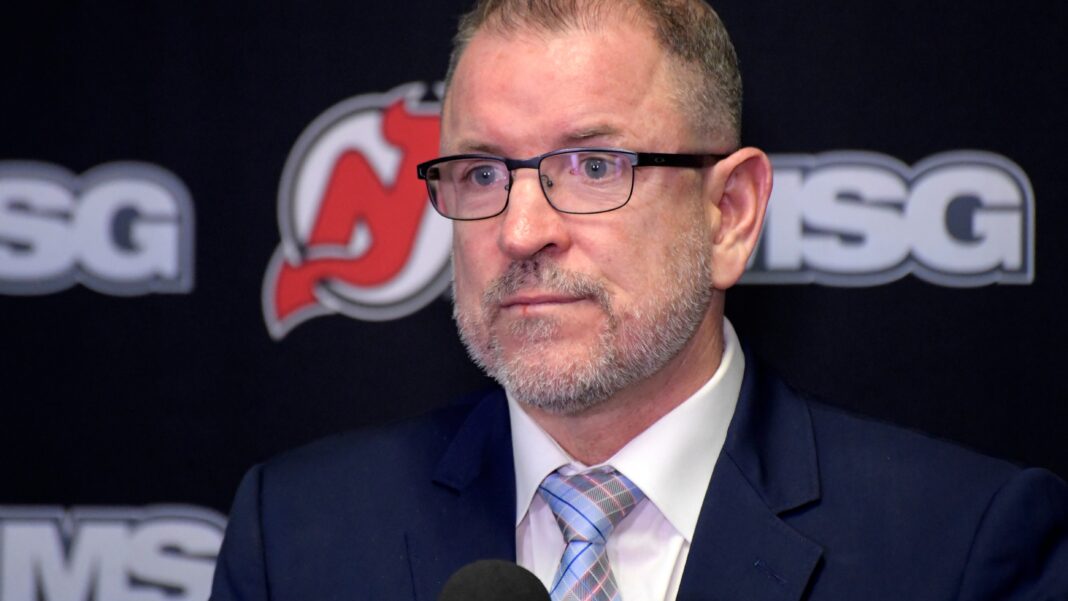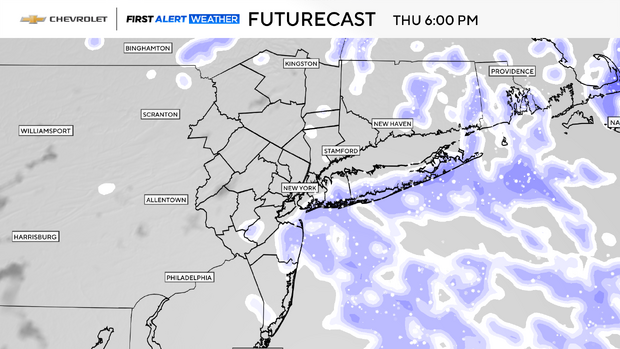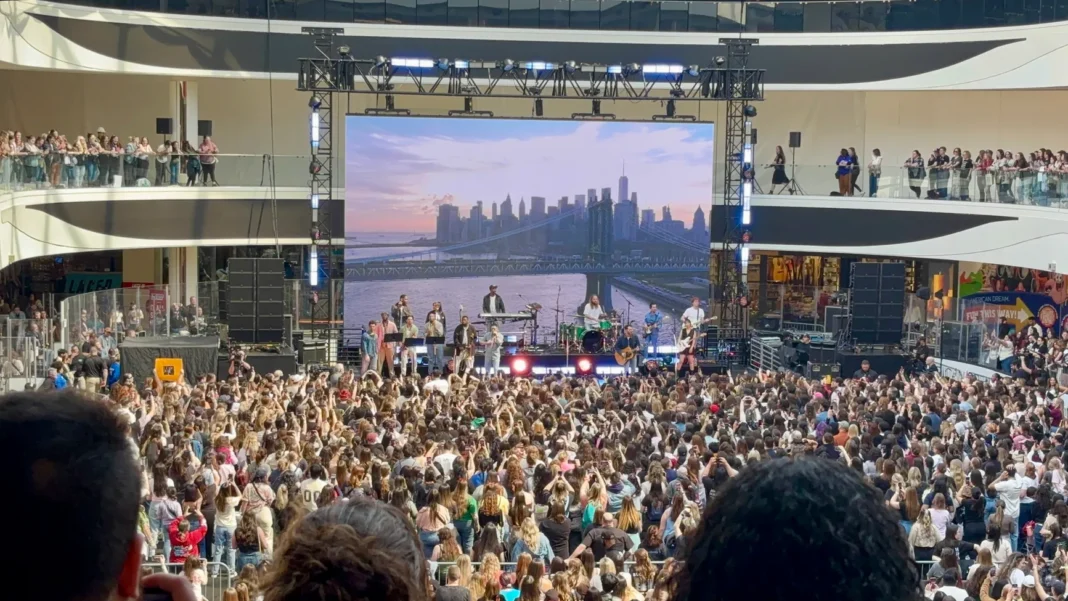In a heartfelt and emotional address at the NHL General Managers’ meetings this week, New Jersey Devils GM Tom Fitzgerald recounted a harrowing incident involving his son, Casey Fitzgerald, that has profoundly impacted his perspective on player safety. On December 28, 2024, during an AHL game between the Hartford Wolf Pack and the Providence Bruins, defenseman Casey Fitzgerald suffered a severe neck injury when an opponent’s skate blade accidentally slashed his neck. The injury required 25 stitches but could have been catastrophic if not for the swift actions of the medical team.
Tom and his wife, Kerry, were dining out in New Jersey, streaming the game on Tom’s phone, when they witnessed the terrifying moment. Initially, Casey didn’t realize the severity of his injury until a Providence player alerted him, saying, “Dude, your [expletive] neck is cut.” Medical staff quickly intervened, controlling the bleeding and transporting Casey to the hospital. Reflecting on the ordeal, Tom Fitzgerald said, “My wife was a mess. I was cautiously optimistic because he stayed on the ice. I don’t wish that on any parent.”
Remarkably, Casey made a swift recovery, returning to play just days later with additional protective gear. This close call has galvanized Tom Fitzgerald’s commitment to advocating for enhanced player safety measures. During the meetings, he shared his family’s experience to underscore the importance of protective equipment, particularly neck guards. “We’re very lucky,” Fitzgerald emphasized. “But why the players don’t think big picture versus just, it’s about [their] career today? If they ever thought of their parents watching what we watched, they’d think differently.”
The incident has reignited discussions about mandating cut-resistant equipment in the NHL. While the AHL requires such protective gear, the NHL currently leaves it optional. Fitzgerald, serving on the NHL’s cut-resistant equipment committee, is now considering implementing a mandate for all Devils players to wear neck guards, regardless of league-wide policies. He acknowledges potential resistance but remains steadfast, stating, “I know that the NHLPA won’t be happy about this, but I’ve let them know I intend to mandate it on my own team in New Jersey. I want my players wearing neck guards.”
As the NHL continues to grapple with balancing tradition and player safety, Fitzgerald’s personal testimony serves as a poignant reminder of the potential dangers on the ice and the imperative to prioritize the well-being of athletes.


